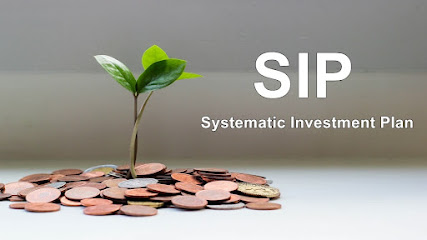Why Patience Is a Virtue When It Comes to Big Purchases

Who wouldn’t love to own the latest premium gadgets or take a luxury trip across the world? The answer to that question is “Everyone”. Sure, we love the tech and the luxury - but the real question lies in whether we can truly afford it. After all, to truly afford something is to buy it without borrowing and instead with your planned savings accumulated over a period of time. In today’s age of technology and social media, we are forever caught in a struggle to prove our worth through our material possessions and gateway adventures. As a result, we end up cutting deeper into our pockets than we can completely afford. Often we are manipulated by the EMI schemes offered by credit card companies and banking institutions. Hidden costs for these are often left undisclosed by the lending agency and so, we end up paying more than we actually signed up for. Planning is always key when it comes to big investments. A thoroughly prepared and flawlessly executed financial plan is what saves us...


.jpg)






